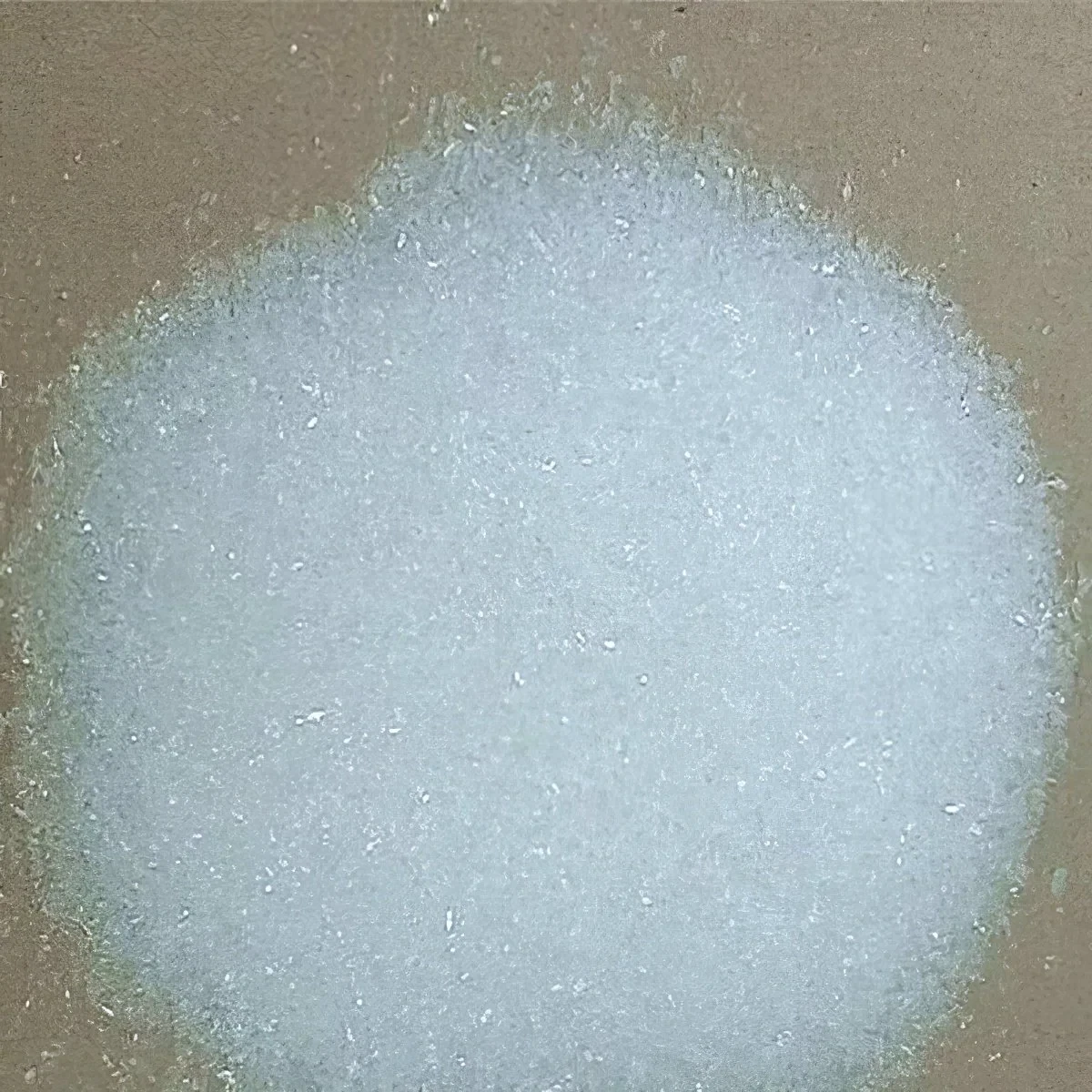



polymer chemical for water treatment
The Role of Polymer Chemicals in Water Treatment
Water treatment is a critical process in ensuring the availability of clean and safe water for drinking, agricultural, and industrial uses. Among the various treatment methods employed, the application of polymer chemicals has emerged as a significant advancement. Polymers can enhance water quality in multiple ways, including coagulation, flocculation, and filtration, making them invaluable in modern water treatment facilities.
Coagulation and Flocculation
The primary role of polymers in water treatment is as coagulants and flocculants. Coagulants are substances that promote the clumping of suspended particles in water. When added to water, these polymers neutralize the charges on particles, allowing them to bind together into larger aggregates, or flocs. This is essential in removing contaminants such as silt, organic matter, and microorganisms.
Flocculation is the subsequent process where these flocs are formed into larger aggregates, facilitating easier removal through sedimentation or filtration. Synthetic organic polymers, such as polyacrylamides and polyethylene oxides, are commonly employed for this purpose. Their high molecular weight and charge density make them effective at promoting both processes, resulting in clearer water and a reduced load on downstream treatment systems.
Enhanced Filtration
Polymers are also utilized in membrane filtration systems, which have gained popularity due to their effectiveness in separating contaminants from water. Polymer-based membranes can be designed to filter out specific particles, bacteria, or even viruses. They play a crucial role in reverse osmosis and nanofiltration, where water is forced through a semi-permeable membrane, allowing only purified water to pass through.
polymer chemical for water treatment

Moreover, the use of polymeric filter aids can improve the performance of filtration systems by preventing clogging and extending the lifespan of the membranes. This not only enhances efficiency but also reduces the operational costs associated with frequent cleaning or replacement of filter media.
Environmental Considerations
While the use of polymer chemicals in water treatment offers many benefits, it is essential to consider their environmental impact. The degradation of synthetic polymers can pose a risk to aquatic ecosystems if not managed properly. As a result, researchers are exploring biodegradable alternatives that can provide the same functionalities without causing long-term environmental harm.
Natural polymers, such as chitosan derived from crustacean shells, have gained traction as eco-friendly options. These biopolymers not only aid in coagulation and flocculation but also offer the added benefit of being biodegradable, minimizing the ecological footprint of water treatment processes.
Future Directions
The future of polymer chemicals in water treatment is promising, especially with the ongoing advancements in polymer chemistry and material science. Innovations in polymer design and synthesis could lead to the development of more efficient and eco-friendly treatment options. Additionally, the integration of smart materials that respond to changes in water quality parameters may revolutionize how we approach water treatment.
In conclusion, polymer chemicals are pivotal in enhancing the efficiency and effectiveness of water treatment processes. Their ability to aid in coagulation, flocculation, and filtration makes them crucial for producing clean water. As we move towards a more sustainable approach in water management, the continued research and development of biodegradable and eco-friendly polymers will be essential in balancing effective water treatment and environmental preservation.
-
Why Sodium Persulfate Is Everywhere NowNewsJul.07,2025
-
Why Polyacrylamide Is in High DemandNewsJul.07,2025
-
Understanding Paint Chemicals and Their ApplicationsNewsJul.07,2025
-
Smart Use Of Mining ChemicalsNewsJul.07,2025
-
Practical Uses of Potassium MonopersulfateNewsJul.07,2025
-
Agrochemicals In Real FarmingNewsJul.07,2025
-
Sodium Chlorite Hot UsesNewsJul.01,2025










